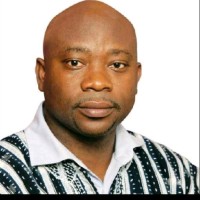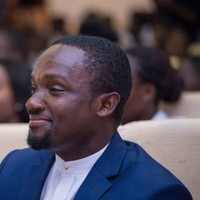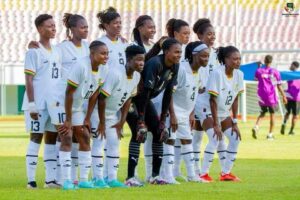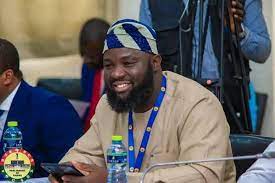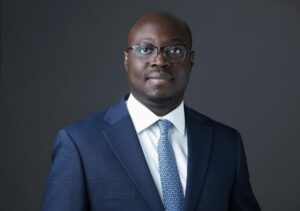Just 1 Day Left: Ghana Gears Up for a Historic Presidential Battle Between Mahama and Bawumia
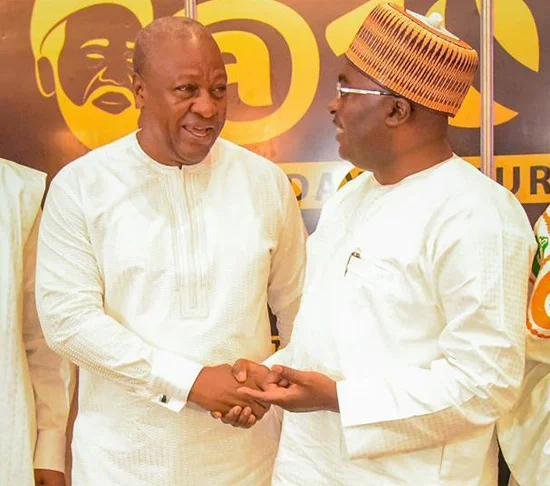
As Ghanaians prepare to cast their votes on December 7, 2024, the upcoming presidential election is set to be one of the most crucial in the nation’s history. The race is primarily between Vice President Dr. Mahamudu Bawumia of the ruling New Patriotic Party (NPP) and former President John Dramani Mahama of the National Democratic Congress (NDC), but it is also marked by a broad field of other contenders. With 11 candidates in total, including independent figures like Alan Kyerematen and Nana Kwame Bediako, the election promises to be highly competitive and unpredictable.
This election comes at a pivotal time for Ghana, as the country continues to recover from a severe economic crisis that resulted in a debt default in 2022. While the government has secured a $3 billion IMF loan to support the economy, the recovery process remains a central issue in the campaign. Both Bawumia and Mahama have made economic stability their top priority, but they present different visions for how to restore the country’s financial health.
Dr. Bawumia, who has played a key role in the administration’s economic policies, has promised to stabilize the economy, streamline the tax system, and reduce public spending. He has emphasized the need for bold and decisive solutions to address Ghana’s current challenges. “Ghana needs bold solutions to address the issues we face, and that is what I am offering as I seek the mandate of the people,” Bawumia said during a recent campaign event, reflecting his vision for economic reform. His focus on fiscal discipline and reform resonates with those who believe that a continuation of the current economic policies will lead the nation back to prosperity.
In contrast, Mahama is pushing for a more radical approach to revitalizing the economy, proposing a 24-hour economy policy aimed at creating sustainable jobs, particularly for young Ghanaians. Mahama’s plan focuses on generating employment opportunities and stimulating economic growth by expanding the hours during which businesses operate. His approach is designed to breathe new life into the economy, offering a more ambitious vision for job creation and economic expansion. His proposal has been particularly appealing to the youth, who are struggling with high unemployment rates and limited economic opportunities.
This year’s election is also historic due to the fact that both leading candidates hail from the northern region of Ghana, marking a significant shift in the country’s political landscape. Historically, presidential candidates from southern Ghana have dominated, but with both Bawumia and Mahama representing the north, this could alter traditional voting patterns and dynamics.
Adding complexity to the race are the several independent candidates, including Alan Kyerematen and Nana Kwame Bediako. Kyerematen, a former NPP member, has made a case for reducing the size of the cabinet and promoting more efficient governance. His proposals for government reform and fiscal responsibility could appeal to voters who feel that the current political system needs streamlining. Bediako, a business mogul and founder of the New Force Party, has focused his campaign on empowering youth through entrepreneurship, offering a new vision for economic independence. His fresh approach could draw voters who are looking for a departure from traditional politics.
Voter concerns are expected to center around the state of the economy, governance, and corruption, making this election particularly significant for the future of the nation. Analysts predict a closely contested race, with voter preferences likely shaped by concerns over job creation, economic management, and the handling of public resources. The Electoral Commission (EC) has reassured the public of its preparedness to conduct a free and fair election, while the National Commission for Civic Education has projected a voter turnout of around 70%, indicating high engagement with the electoral process.
The outcome of the election will not only determine the next president of Ghana but will also set the course for the country’s future. Voters will decide whether to continue with Bawumia’s economic reforms or opt for Mahama’s vision of change. Either way, the decision will have far-reaching implications for the nation’s economy and its political trajectory.
As Ghanaians head to the polls, the election stands as a critical moment in the country’s history. The contest between Bawumia and Mahama is not just about choosing a leader but also about determining the direction the nation will take as it seeks to recover from an economic crisis and forge a path toward sustainable growth and development. The next president’s policies will set the tone for Ghana’s future, and the choice made by the electorate will shape the country for years to come.


